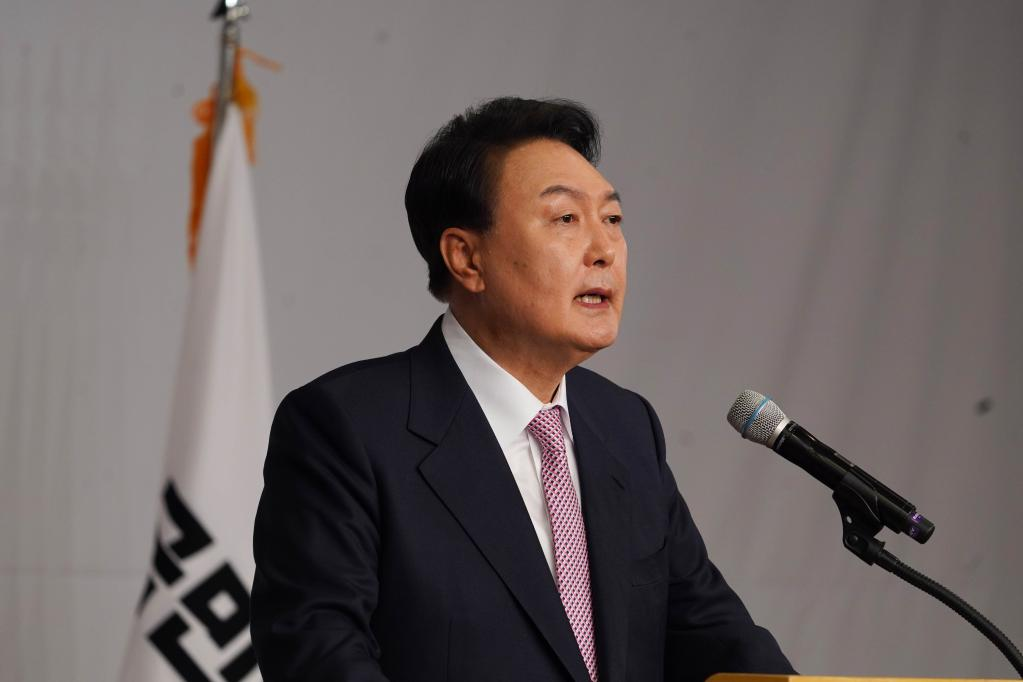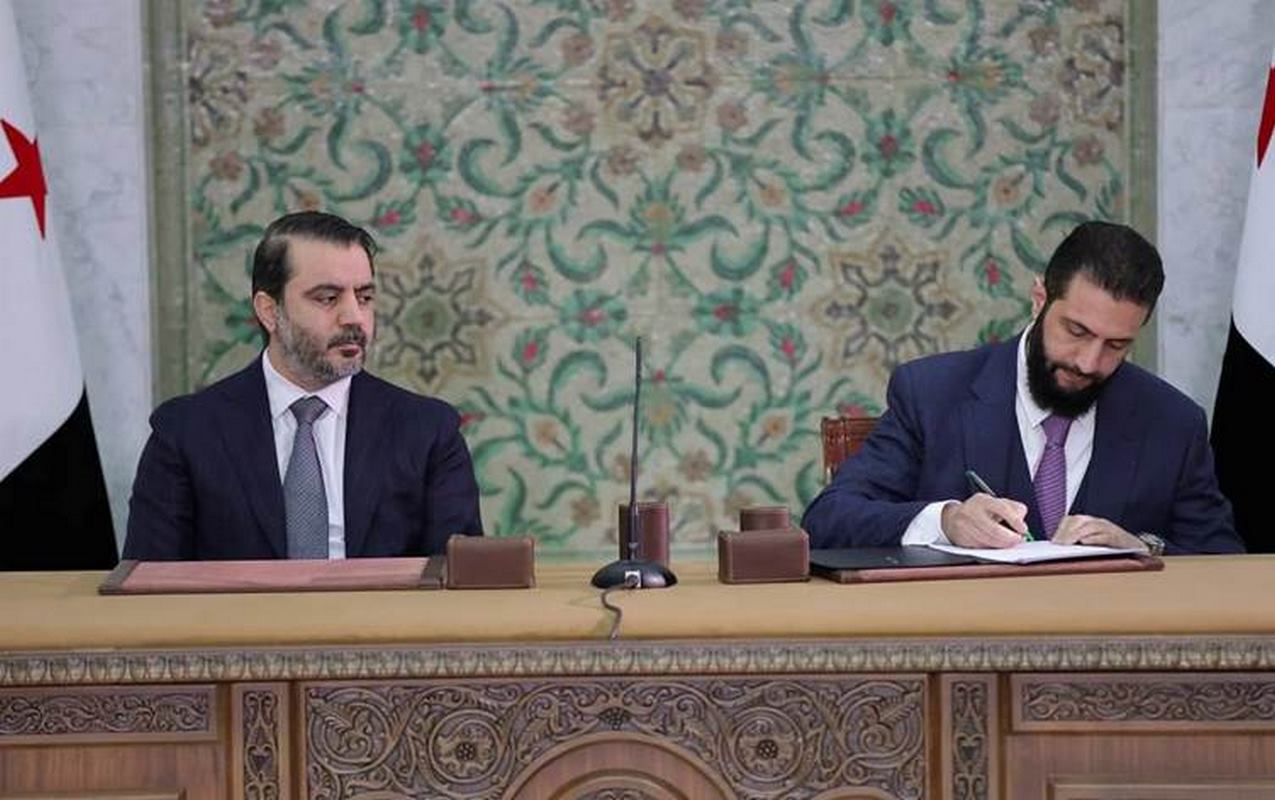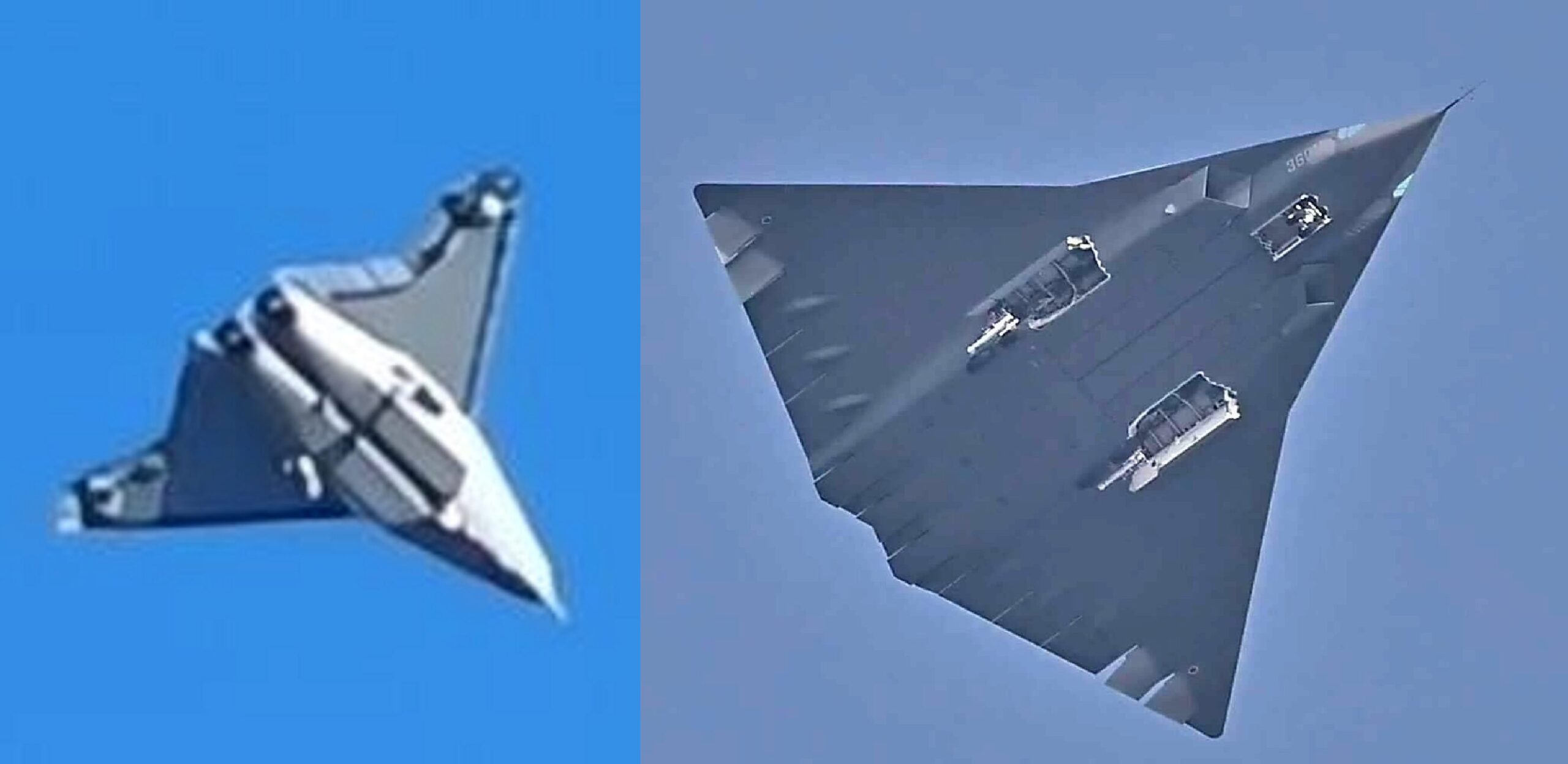2024 is setting records for voting. More elections are taking place this year than any other in the history of civilization, and the most recent ones happened in South Korea where the ruling party has suffered terrible losses in parliamentary elections, or midterms.
President Yook Suk-yeol’s People’s Power Party (PPP) picked up 108 seats in the National Assembly when one includes their satellite parties and allies, while the opposition party, the Democrats, won 175 by the same accounting method.
The brutal results saw PPP interim leader Han Dong-hoon resign, apologizing to the party, taking full responsibility, and admitting he would “reflect on himself”.
Han isn’t the only upcoming departure. Prime Minister Han Duk-soo along with some of Yoon’s other cabinet staff announced their resignations.
Voter turnout was 67%, which Yonhap News reported was the highest recorded for midterms in 34 years.
When Yoon was elected, WaL reported that it represented a 180° pivot in the nation’s attitude in how it should comport itself in dealings with its estranged northern cousin. Yoon replaced Moon Jae-in, a man whose most significant national priority was the de-escalation of tensions with Pyongyang, the restoration of diplomatic channels, and the eventual, hopeful, reunification of the peninsula’s families and economic ties.
By complete contrast, Yoon derided Moon’s policy as “subservient” and vowed to keep up sanctions and dismiss all peace agreements until the North “makes active efforts in complete and verifiable denuclearization”.
During his election campaign in 2022, Yoon stated that a nation can “only prevent war when you have the capability for preemptive strikes and have the intent to do so,” according to translations from the Center for a New American Security fellow, Duyeon Kim.
It was during Yoon’s administration that US nuclear warheads returned to the Korean Peninsula for the first time since they were removed in 1991.
Whether or not South Korean voters have yet again changed their tune after 2 years of North Korea continually conducting missile tests including a potential hypersonic vehicle is difficult to tell. Yoon has many marks against his tenure as president domestically.
Outline in The Diplomat, these include a substanial exercise of his presidential veto, which he has used 9 times, including to block the investigation of his wife over alleged stock market fixing. Price inflation domestically is also considered to be his administration’s fault, and Yoon has personally been accused of abuses of power for ordering his security detail to forcibly remove people from his presence.
South Korea was a part of the Biden Administration’s attempts to form a coalition to challenge Chinese influence in East Asia. One part of that is Taiwan, who already held elections this year in which the ruling, anti-China party retained control of the executive. Another substantive partner is India, which is set to hold elections later this year. WaL
PICTURED ABOVE: President Yoon Suk-yeol speaks during a press conference at the National Assembly Library in 2022. PC: James Lee. Fair Use, retrieved from Xinhua.



